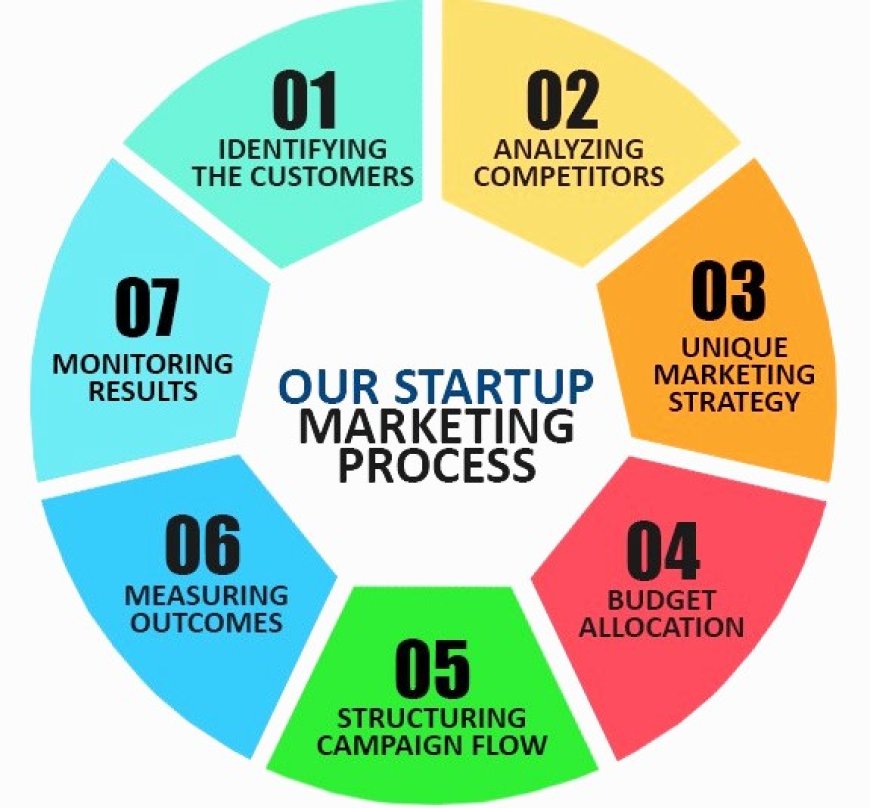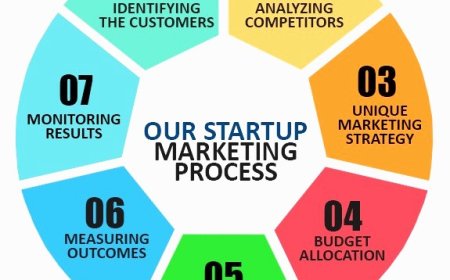Business and startup strategies
Business and startup strategies refer to the plans and actions that organizations and entrepreneurs employ to achieve their goals, maximize growth, and gain a competitive advantage in the marketplace. Here are some key strategies commonly used in the business world:

Business and startup strategies refer to the plans and actions that organizations and entrepreneurs employ to achieve their goals, maximize growth, and gain a competitive advantage in the marketplace. Here are some key strategies commonly used in the business world:
-
Business Plan: A well-crafted business plan is essential for startups. It outlines the company's mission, vision, target market, product or service offering, marketing strategies, financial projections, and more. A business plan serves as a roadmap for the organization and helps attract investors and partners.
-
Market Research: Thorough market research is crucial for understanding customer needs, identifying target markets, analyzing competitors, and determining pricing strategies. It involves collecting data through surveys, interviews, and analysis of industry reports to make informed business decisions.
-
Differentiation: To stand out from competitors, businesses need to differentiate themselves by offering unique value propositions. This can be achieved through innovative products, exceptional customer service, superior quality, or competitive pricing.
-
Marketing and Branding: Effective marketing and branding strategies help businesses create awareness, build a strong brand identity, and attract customers. This includes defining target audiences, developing marketing campaigns, utilizing social media, content marketing, search engine optimization (SEO), and traditional advertising methods.
-
Customer Relationship Management (CRM): Building strong relationships with customers is essential for long-term success. Implementing CRM systems and strategies helps manage customer interactions, enhance customer satisfaction, and drive repeat business.
-
Financial Management: A sound financial strategy is crucial for sustainable growth. It involves managing cash flow, budgeting, forecasting, and monitoring key financial metrics. Startups often seek funding through various sources like venture capital, angel investors, or crowdfunding platforms.
-
Talent Acquisition and Retention: Hiring and retaining skilled employees is vital for business success. Developing effective recruitment strategies, offering competitive compensation packages, providing opportunities for growth and development, and creating a positive work culture are essential.
-
Innovation and Adaptability: In today's dynamic business environment, organizations need to innovate and adapt to stay ahead. Encouraging a culture of innovation, investing in research and development, and being open to change are crucial elements of successful business strategies.
-
Partnerships and Collaboration: Strategic partnerships and collaborations can provide access to new markets, technologies, or resources. Forming alliances with complementary businesses or industry leaders can help accelerate growth and gain a competitive advantage.
-
Scalability and Expansion: Startups often aim for rapid growth and scalability. This involves planning for expansion into new markets, optimizing operations, investing in infrastructure, and developing strategies to scale the business without compromising quality or customer satisfaction.
It's important to note that specific strategies may vary depending on the industry, market conditions, and organizational goals. Businesses and startups should continuously evaluate and adjust their strategies based on feedback, market trends, and changing customer needs.
Remember that successful strategy implementation requires effective execution, monitoring, and flexibility to adapt to the evolving business landscape.
What's Your Reaction?











































